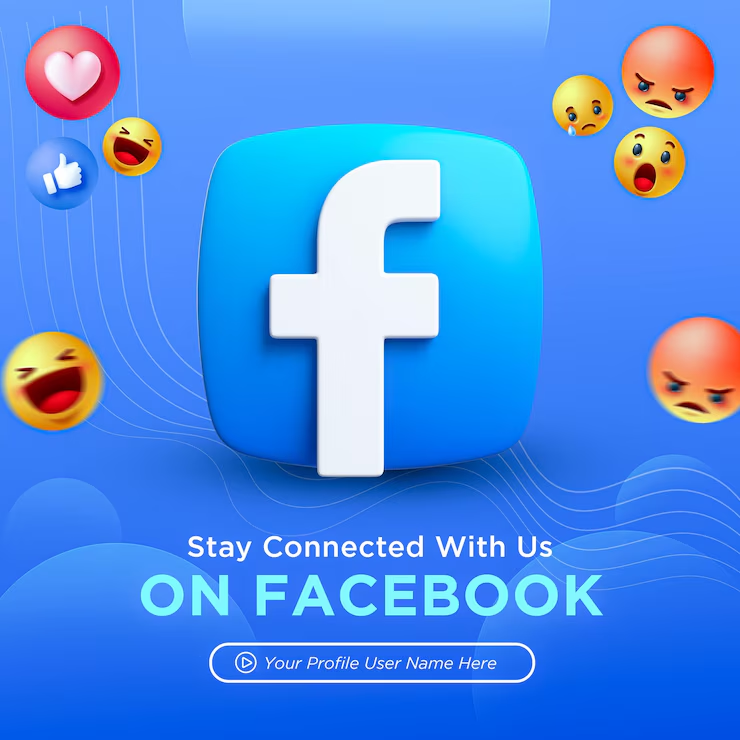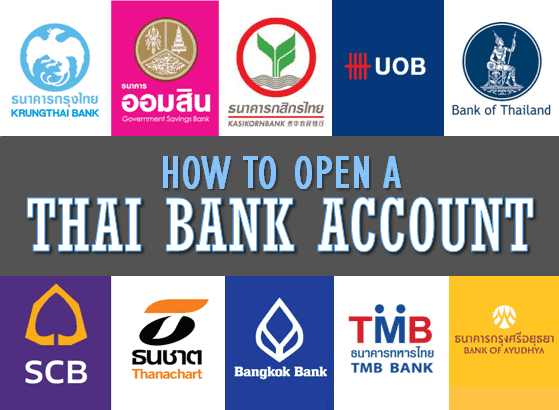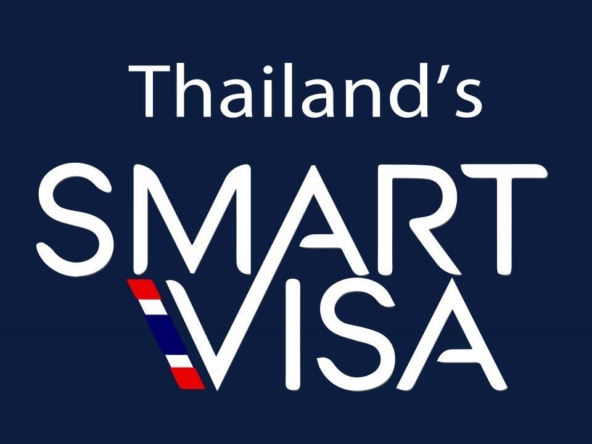With approximately 336 million monthly searches globally, Facebook continues to dominate the social media landscape. Since its launch in 2004, Facebook has evolved into much more than just a platform for staying in touch with friends and family. Today, it’s a vital tool for businesses, content creators, and marketers looking to engage with a massive global audience. Facebook’s influence continues to shape the way we communicate, connect, and share content.
In this article, we’ll explore why Facebook remains a key player in the social media world, the unique features that contribute to its success, and how businesses and marketers can leverage the platform to maximize their reach.
Why Facebook Remains a Social Media Giant
1. Global Reach and User Base
Facebook’s massive user base of over 2.8 billion monthly active users (as of 2025) underscores its dominant position in the social media market. The platform has a diverse and global audience that spans all demographics, making it an essential tool for businesses looking to reach a wide range of potential customers. Whether you’re targeting young adults, middle-aged professionals, or older generations, Facebook offers unparalleled access to users worldwide.
Facebook is available in over 100 languages and operates in virtually every country, which makes it the go-to platform for users from different cultural and linguistic backgrounds. This wide-ranging accessibility contributes significantly to its continued popularity.
2. Rich Content Sharing and Engagement
What makes Facebook unique is its ability to facilitate content sharing on a variety of media formats. Whether it’s status updates, photos, videos, or live broadcasts, Facebook allows users to share and interact with content in multiple ways. The “like,” “comment,” and “share” features encourage engagement, and users can participate in conversations, express their opinions, and spread content among their social circles.
Moreover, Facebook’s groups and event features foster community-building and deeper connections among users with similar interests. From hobby groups to professional communities, Facebook creates opportunities for users to interact around shared topics and experiences.
3. Advertising Powerhouse
Facebook’s advertising platform is one of the most robust and effective in the world. With detailed targeting options based on user demographics, interests, behavior, and location, Facebook allows businesses to run highly tailored advertising campaigns. From small local businesses to multinational corporations, Facebook ads help companies reach their target audiences efficiently.
The platform also provides powerful tools for analyzing ad performance, allowing advertisers to optimize their campaigns in real-time. Facebook’s algorithm is designed to deliver ads to users who are most likely to engage with them, increasing the return on investment for advertisers.
4. Facebook Marketplace: A Growing E-commerce Hub
In recent years, Facebook Marketplace has become an increasingly popular feature, enabling users to buy and sell products locally. This free-to-use service makes Facebook a viable platform for small businesses, independent sellers, and even consumers looking to declutter their homes. With the integration of Facebook Pay and secure transaction options, Marketplace has solidified its place as an e-commerce platform within Facebook’s ecosystem.
Many businesses are also using Facebook Marketplace as a cost-effective way to promote and sell products directly through the platform. Whether you’re selling handmade crafts, vintage clothing, or new gadgets, Facebook Marketplace offers a convenient avenue for reaching potential customers in your area.
5. Facebook Groups and Communities
Facebook Groups have become an important feature for building communities centered around specific topics. These groups allow users to join discussions, share content, and connect with like-minded individuals. For businesses and brands, Facebook Groups offer a unique opportunity to create dedicated communities where members can engage directly with the brand, ask questions, and share experiences.
Additionally, Facebook Groups provide valuable insights into customer preferences and pain points, making them a valuable tool for market research. By fostering a sense of community and belonging, Facebook Groups help businesses build brand loyalty and customer trust.
6. The Facebook Ecosystem: Instagram, WhatsApp, and Oculus
As part of its expanding ecosystem, Facebook owns several other major platforms, including Instagram, WhatsApp, and Oculus. These platforms offer businesses even more opportunities to engage with their audience across different mediums and experiences. For instance, Instagram is a powerful tool for visual content marketing, while WhatsApp offers businesses a way to provide customer support and communication through messaging.
The integration of these platforms into Facebook’s broader ecosystem provides businesses with a unified approach to advertising, customer engagement, and content creation. By running campaigns across multiple platforms, businesses can increase their visibility and enhance their overall marketing strategy.
How to Leverage Facebook for Business and Marketing
1. Optimize Your Facebook Business Page
Having a Facebook Business Page is essential for any brand or business looking to establish an online presence. Ensure that your page is fully optimized with relevant information such as your business hours, location, contact details, and a compelling profile and cover photo. The About section should clearly describe your products or services and include any important keywords related to your industry.
Your Facebook Business Page is also a place to showcase customer reviews and testimonials. Social proof is incredibly important for building trust with potential customers, and Facebook’s review system makes it easy for satisfied customers to share their positive experiences.
2. Run Targeted Facebook Ads
Facebook’s ad targeting capabilities are among the best in the industry. You can create highly targeted ads based on a variety of factors such as age, gender, location, interests, behaviors, and more. Take advantage of Facebook’s powerful ad formats, such as carousel ads, video ads, and dynamic product ads, to engage your audience with creative content.
A key to successful advertising on Facebook is A/B testing. By experimenting with different ad copy, images, and targeting parameters, you can discover which ads resonate most with your audience. Regularly monitor your ad performance and adjust your campaigns to optimize results.
3. Create Engaging Content
To truly connect with your audience on Facebook, you need to post content that engages them. Focus on creating valuable, shareable content that sparks conversations. Visual content, such as high-quality photos, infographics, and videos, tend to perform well on Facebook and drive higher engagement.
Consider using Facebook Live to broadcast real-time events, product launches, or behind-the-scenes footage. Live streaming provides an authentic and personal way to connect with your audience, and Facebook often prioritizes live videos in users’ feeds.
4. Build a Facebook Group for Your Community
Creating a Facebook Group around your brand or industry is a powerful way to foster deeper relationships with your audience. In your group, you can share exclusive content, ask for feedback, and engage in meaningful conversations with your most loyal customers.
When building a group, focus on providing value to your members by answering their questions, offering tips, and creating a space where they can connect with each other. The more engaged your group members are, the more likely they are to advocate for your brand and help spread the word.
5. Utilize Facebook Insights to Track Performance
Facebook provides a comprehensive set of analytics tools through Facebook Insights, which help you track the performance of your page and content. By monitoring metrics like reach, engagement, and page growth, you can refine your strategy and make data-driven decisions.
In addition, Facebook Insights allows you to track your audience’s demographics, which can help you tailor your content to better suit their interests and preferences.
The Future of Facebook: What’s Next?
As of 2025, Facebook is focusing on new innovations such as augmented reality (AR) and virtual reality (VR) experiences, enhanced e-commerce features, and more personalized content recommendations. The company is also exploring ways to improve user privacy and combat misinformation.
The integration of AI-powered chatbots and automated customer service is also expected to expand, allowing businesses to streamline their communication with customers. As Facebook continues to evolve, it remains a critical tool for businesses and individuals to connect, share, and engage in the digital world.
Conclusion
With 336 million monthly searches globally, Facebook’s influence shows no signs of waning. The platform’s vast user base, advanced advertising capabilities, and powerful engagement tools make it an essential resource for businesses and content creators. By optimizing your Facebook presence and leveraging its diverse features, you can increase your reach, foster stronger customer relationships, and drive meaningful results.




